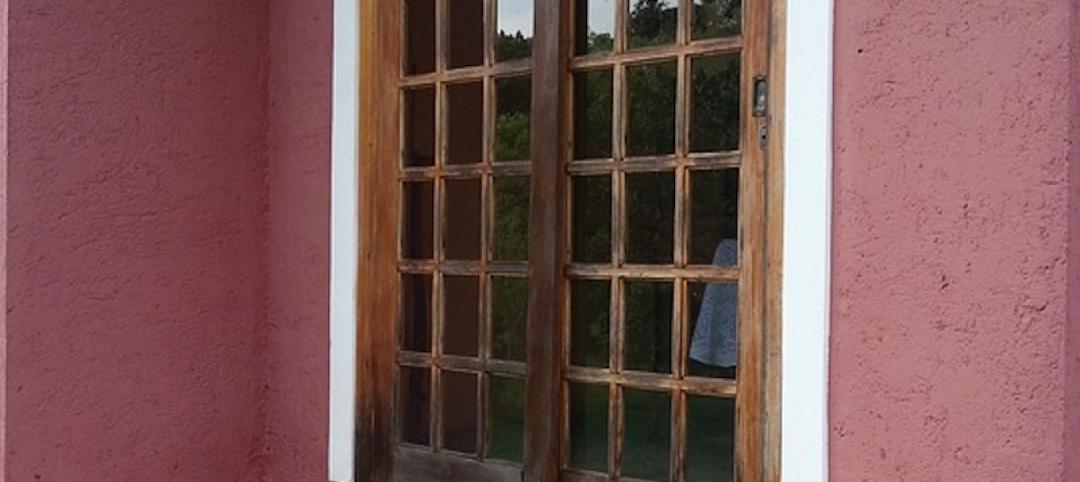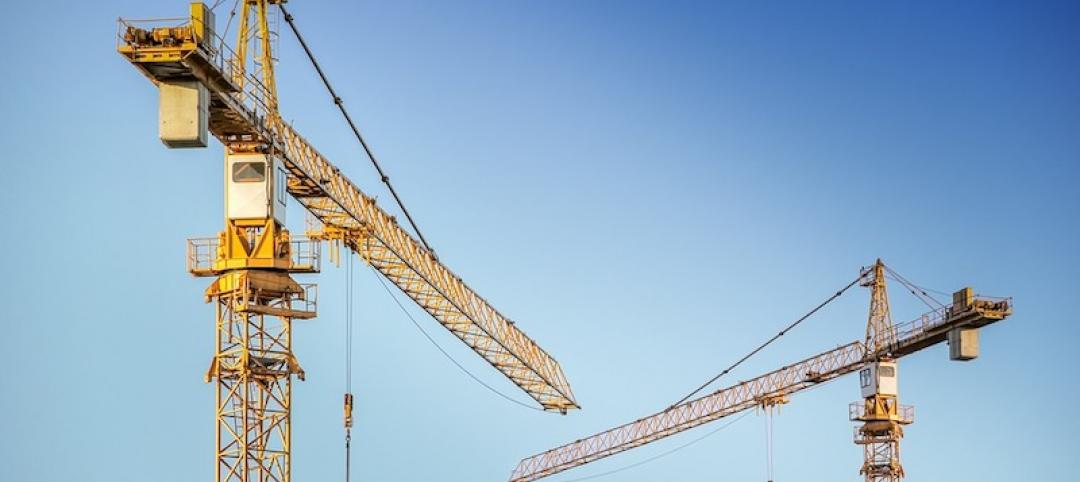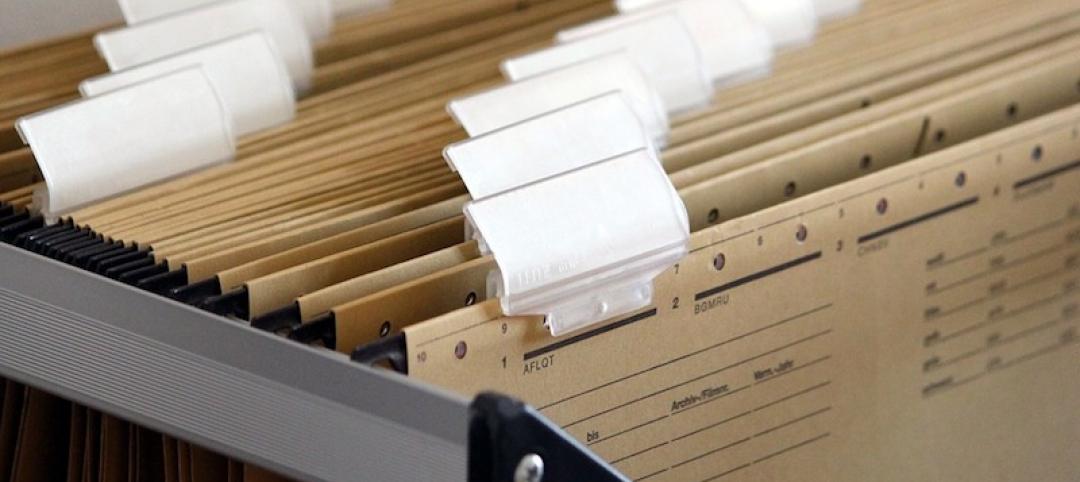Recent storms such as Hurricane Florence in the U.S. and Typhoon Mangkhut, which struck the Philippines and China, highlight the need for decentralized infrastructure, according to a recent Bloomberg article co-written by an energy analyst.
“On the basis of economics alone, the power systems of many countries will become highly decentralized in coming years,” the article says. By mid-century, more than a third of power-generation capacity in Japan will be customer-controlled in homes and businesses, the analyst asserts.
In Brazil, more than half of power generation will be in the control of private customers. If millions of small generators compensate for a small number of centralized failures, such decentralization would make electric systems more resilient.
While decentralization will grow based on the cost of energy, it will take government action as well. “Centralized decisions on things like building codes and flood zones can catalyze resilience,” the article says.
Related Stories
Codes and Standards | Dec 4, 2018
Action on building codes would spur low-carbon cities
Faster retrofit cycles, increased energy-efficiency requirements for existing buildings needed.
Codes and Standards | Nov 30, 2018
Best solution to prevent California wildfire disasters: Stop building in places likely to burn
Approach would be unpopular as people attracted to stunning wooded landscapes.
Codes and Standards | Nov 29, 2018
USGBC and BRE form partnership
Two green standards groups will collaborate on standards, platforms, and research.
Codes and Standards | Nov 29, 2018
Parking garages in N.Y. State will have to be inspected every three years
Professional engineer must assess conditions.
Codes and Standards | Nov 28, 2018
To build water-efficient cities, water managers and urban planners must coordinate better
Lack of time and resources, and practitioners not in habit of working together hamper efforts.
Codes and Standards | Nov 27, 2018
AAMA updates specification for roller assemblies in sliding doors, and lift and slide doors
Last update was in 2015.
Codes and Standards | Nov 26, 2018
All LEED-certified buildings eligible for LEED recertification
Projects must submit 12 months of data demonstrating continued or improved performance.
Codes and Standards | Nov 20, 2018
OSHA publishes updates to crane operator certification requirements
Long-delayed rules accept certifications by type or type and capacity.
Codes and Standards | Nov 19, 2018
Guide offers understanding of elements that create successful multi-floor communal spaces
CTBUH technical document analyzes how to approach tall urban habitat.
Codes and Standards | Nov 16, 2018
2018 International Green Construction Code released
Updated version helps governments streamline code development and adoption.

















